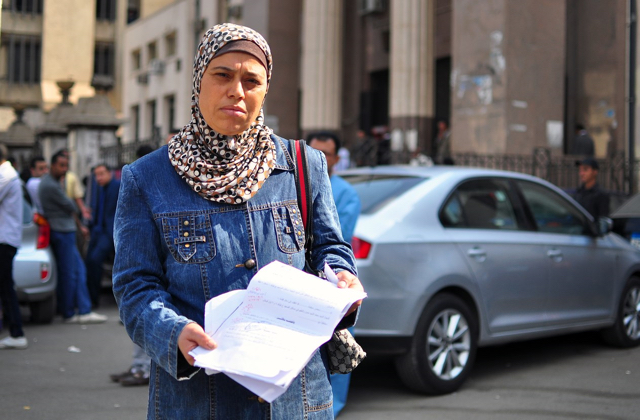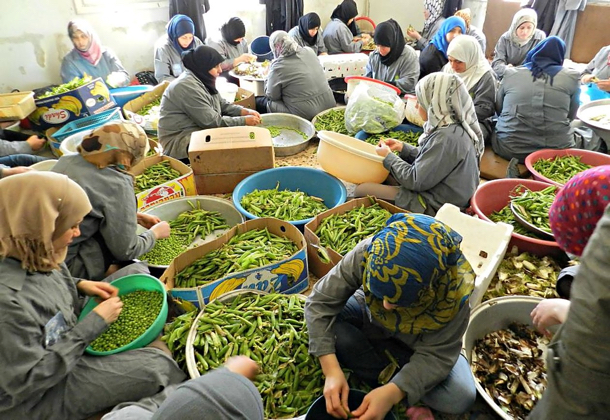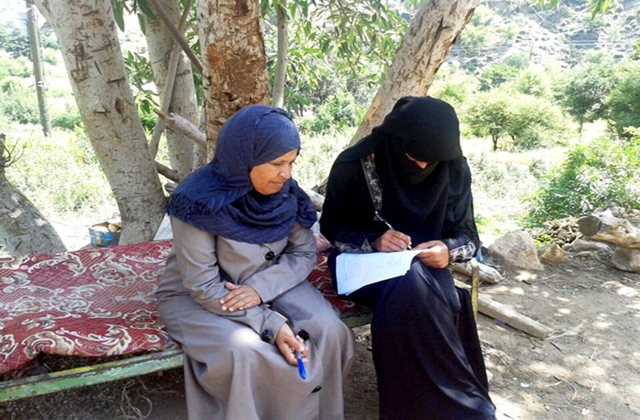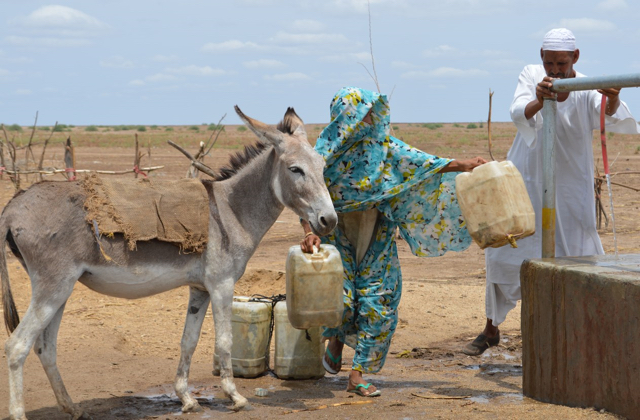ARAB STATES
The Arab States region is in the midst of a period of transition and uncertainty. Although for decades the region achieved tremendous gains in key areas of development, such as education and life expectancy, by the year 2011 it became clear that progress towards more inclusive and sustainable development was urgently needed in many Arab countries.
Since the wave of change seen in early 2011, there have been many positive developments, such as democratic transitions in countries such as Tunisia, increases in women’s representation in political life in many countries, and ongoing pushes for youth employment and empowerment.
However, significant crises have emerged, not least in Syria, where 250,000 lives have been lost and more than 11 million people have been displaced since fighting began in 2011, but also in neighbouring countries seeking to cope with record-high refugee in flows, and other countries such as Yemen and Libya, where communities are struggling to build resilience in the face of grave challenges.
These dynamics come atop long-standing challenges, such as the region’s difficulty in creating jobs for youths, exclusion facing women and vulnerable groups, and water and resource insecurity. All told, this is a moment of pivotal importance for the Arab States region as it embarks on a new development agenda.
UNDP stands with its partners across the Arab States region as they address these fundamental issues and seize new opportunities. UNDP works to help build resilience, empower youth and women, and achieve the Sustainable Development Goals, all in order to help set the foundation for inclusive and enduring peace and security across this diverse region of incalculable potential.
COUNTRY SNAPSHOTS
 Egypt
UNDP
Egypt
UNDP
 Syria
UNDP
Syria
UNDP
 Tunisia
UNDP
Tunisia
UNDP
 Yemen
UNDP
Yemen
UNDP
 Sudan
UNDP
Sudan
UNDP

